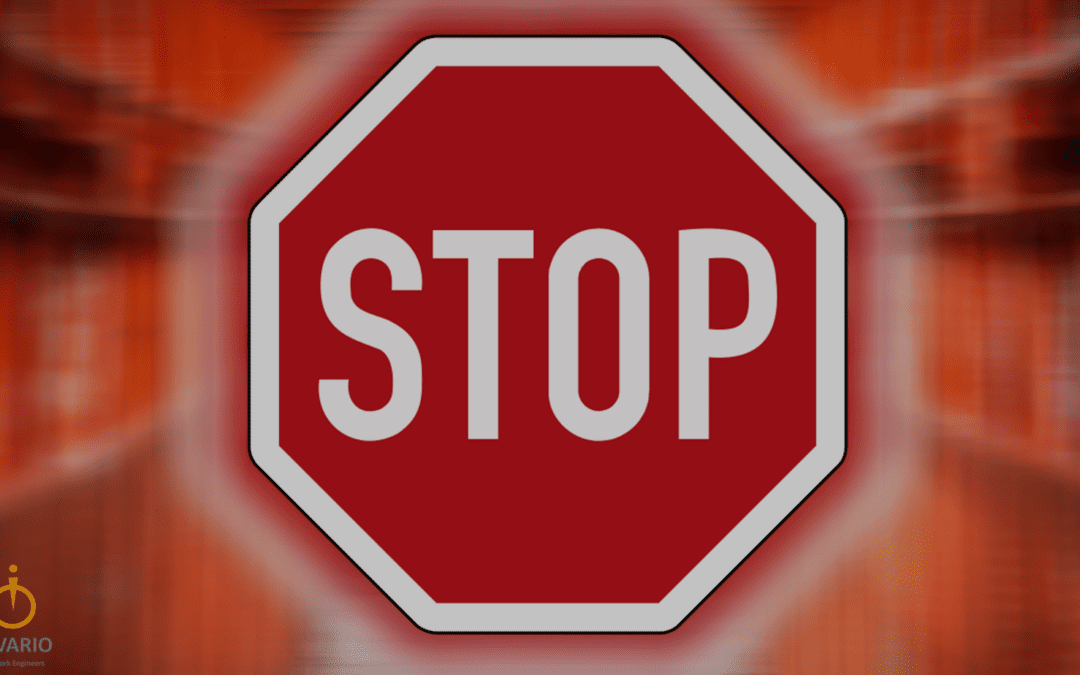Once upon a time, you could install antivirus software and click away without a care. Online, or in your inbox, you didn’t have to worry about opening, clicking and downloading files.
Today, antivirus alone cannot, and will not, protect you from hackers. This is especially true if you INVITE the hack. This happens when you download a file that is infected with a piece of code designed to circumvent your security protocols. Whether it’s a personal computer, your phone, or a laptop you use for business, here are 5 things you need to STOP doing now to ensure you don’t get hacked.
- STOP downloading apps from unknown sources. There are thousands of free apps available online. Many of them are very tempting to download. Hackers are masters at curiosity and “clickbait” designed to nail you in a moment of weakness. To prevent rogue apps and programs from installing, configure your devices to disallow the installation of programs from unauthorized sources. On your phone, ONLY download apps from your device’s respective app store. That way you know the store has tested them and confirmed they meet the store’s security and privacy requirements.
Business owners: while I’m sure all of your employees are trustworthy, it IS possible to lock down business machines and preventing your employees from downloading applications (or files) that could harm you and compromise your security. - STOP surfing the web unprotected, particularly when accessing downloads. This is especially true if you are on public WiFi. Starbucks is not going to guarantee your Internet connection is safe. Neither is any other business, restaurant or location offering free Internet access. Talk to your IT company (that’s US!) about installing more than just antivirus. For example, endpoint protection solutions, like a Virtual Private Network (VPN). VPN “hides” you from cybercriminals and filters out nefarious websites and attacks. This means you CAN use public WiFi without the fear of inviting a hack.
- STOP opening and downloading files emailed to you without extreme caution. Phishing attacks via email are still the #1 way hackers gain access to a network. It’s very common for an attacker to hack into someone’s email and get their list of friends, colleagues, coworkers and their boss. Then they send emails that appear legitimate on “their” behalf, even using their actual email. These are highly sophisticated phishing attacks. So, before you open or download ANY file emailed to you, make sure it was one you were expecting. It’s far safer to use IT-managed file sharing like OneDrive or SharePoint to send attachments. But bottom line, if ANY file “feels” wrong or suspicious, including a weird extension or suspicious file name, CALL the person who sent it to verify.
- STOP downloading “bloatware.” It’s common for legitimate, reputable apps to sneak in other applications or toolbars you don’t need. They sell this as a sponsorship to make more money every time one of their users downloads an app. The best way to spot these is to look for checkboxes when installing or updating software. They may automatically opt you into services by default unless you uncheck them. So, before you hit “Next” and keep rolling to get your app installed, take a second to really read and review what you’re agreeing to install on your device.
- STOP downloading music, software, games, movies, etc. from websites like BitTorrent, RARBG, 1337x and similar peer-to-peer file-sharing sites. File-sharing networks can be breeding grounds for hackers. These criminals post files infected with malicious software for people to download. Some of the ads on these sites are malicious as well. Don’t feel “safe” just because you have antivirus – because you’re not.
Business owners: share this with your team for both their work and personal devices. Then click here to schedule a quick 15-minute call to find out how we can implement cybersecurity solutions that will give you stronger protections against hackers, and against employees who accidentally click on or download a malicious file.

